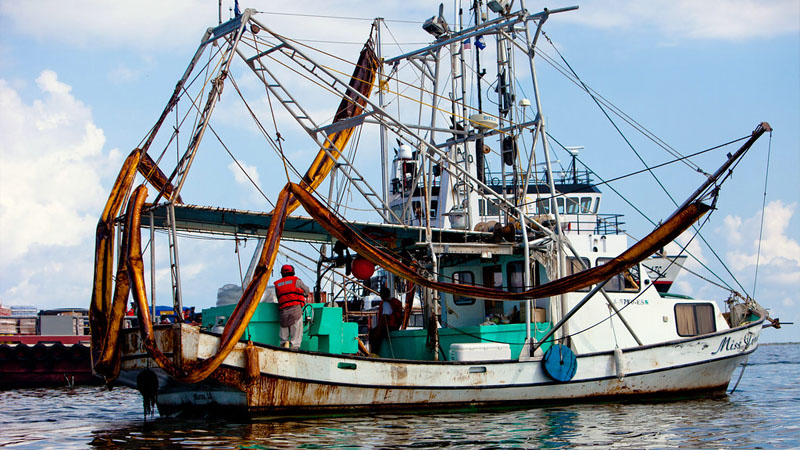Exclusive content

In recent years, the fishing sector in Angostura, Mexico, has been embroiled in a severe crisis that has gripped producers and stakeholders alike. A clear indication of the industry’s predicament is the decision by some fishermen to accelerate the work stoppage, choosing to do so 20 days prior to the scheduled ban on blue shrimp fishing. This decision has been driven by two primary factors – dwindling profitability and the timing of two neap tides in February.
Premature Work Stoppage
The decision to bring forward the work stoppage reflects the dire situation faced by shrimp fishermen in Angostura. The main factor driving this choice is the persistently low profitability of their catch. After long and arduous days of work, fishermen are only able to harvest between 10 and 15 kilos of shrimp per trip. To make matters worse, they are forced to sell this meager catch for approximately MXN 60 (USD 3.50) per kilo.
Insufficient Returns
The low market prices for shrimp, coupled with the rising costs of operation, have left fishermen struggling to make ends meet. To operate their vessels, fishermen must invest in up to 30 liters of gasoline for each trip, in addition to covering the expenses of food and equipment maintenance. With such high operating costs and minimal returns, it is evident that the resource is insufficient to sustain their livelihoods.